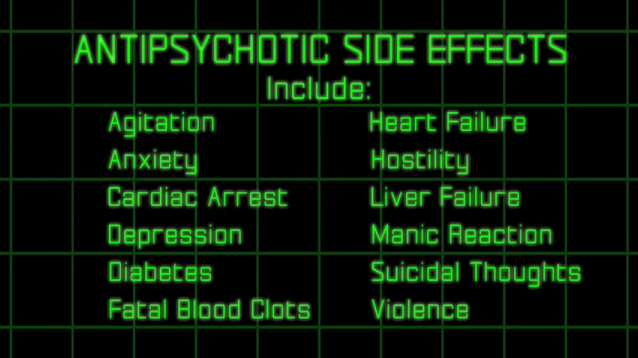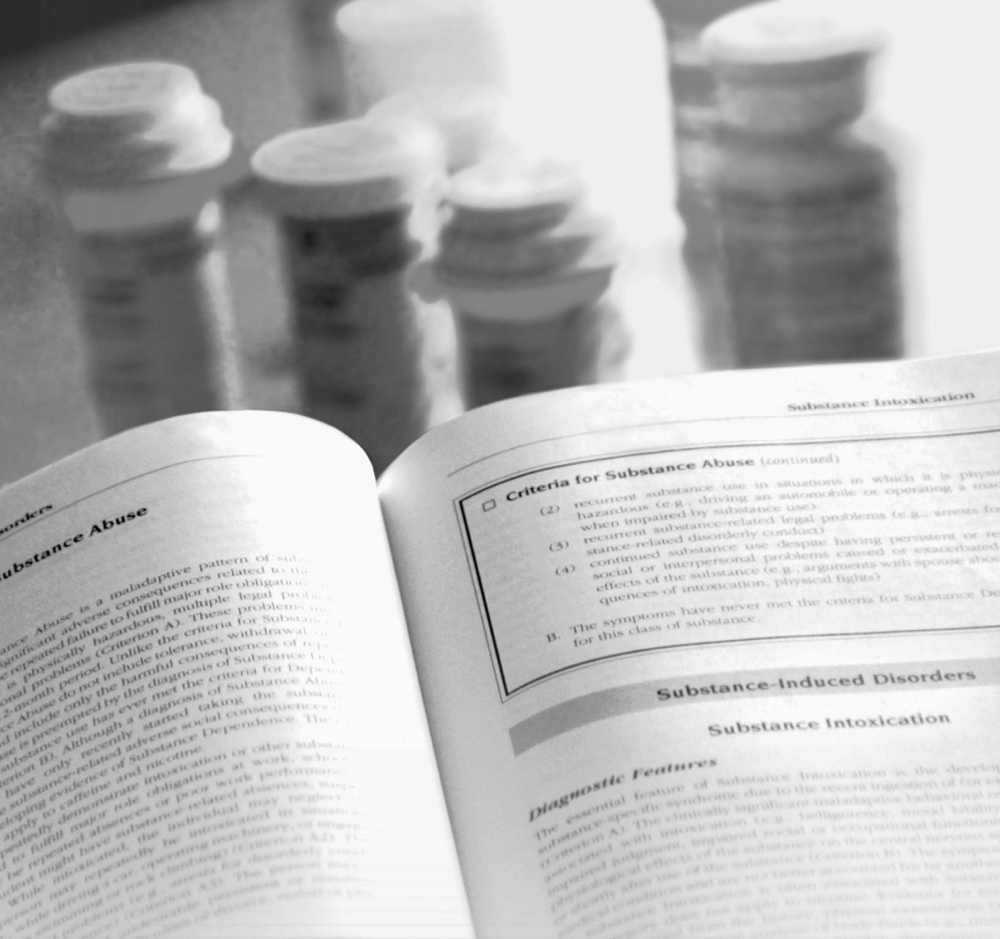
CCHR exposes list of psycho-pharma front groups
A highly effective public relations technique is the “third party technique” of creating front groups to endorse or promote the need of any service or product. The first party is the original group or client that would benefit more from increased public trust or affinity. The second group is the public or consumers. A third group is created with a contrived name to appear publicly as a disinterested party endorsing the industry of the first party.
Often, the third party, or front group, uses a name that implies authority or concern for the public’s welfare or concerns. You can be sure these bogus front groups are usually only concerned about their clients welfare and themselves.




